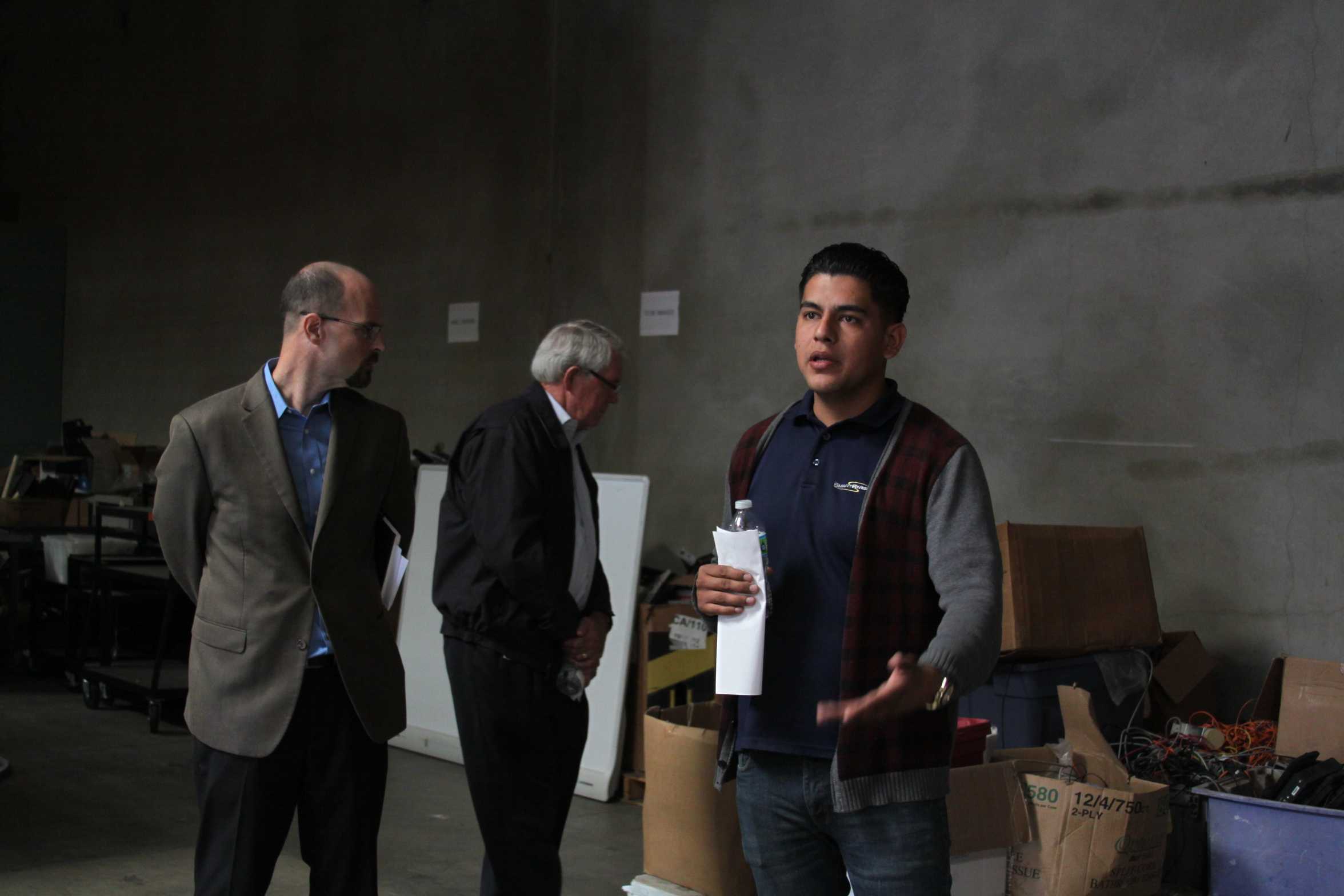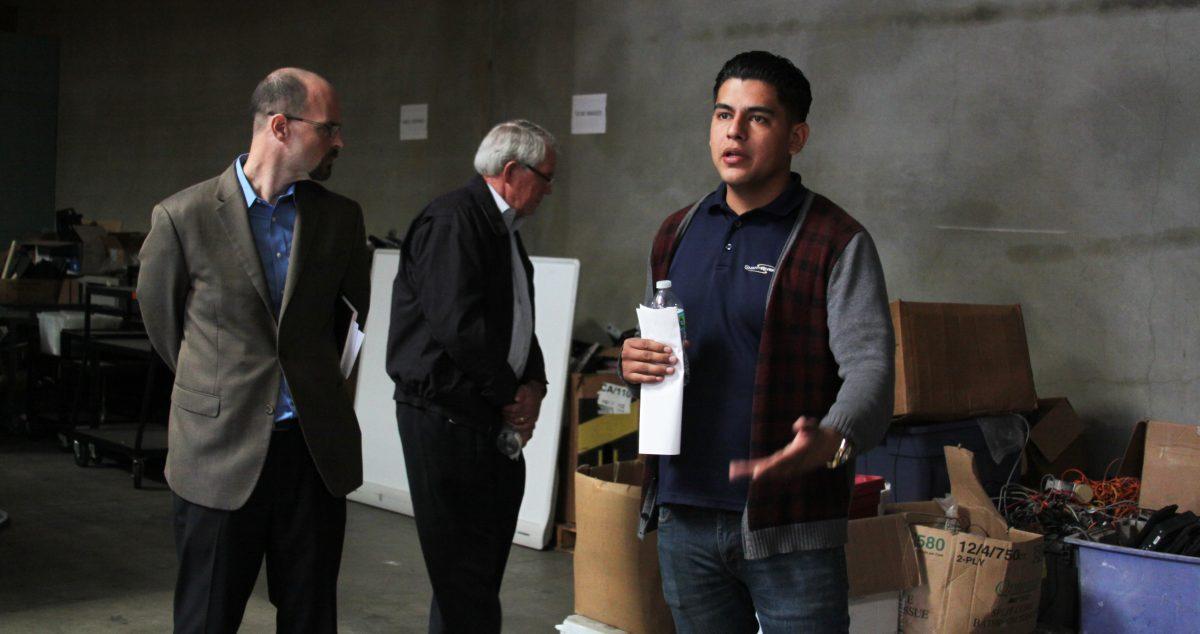Published Nov. 24, 2014

Joshua Wilson | Staff Writer
With the rapid growth of technology in Southern California, the forward-thinking SmartRiverside organization ventures to prove to be a valuable asset to the city’s technological expansion and to the community.
SmartRiverside is a non-profit organization that includes several programs with the focus of bringing Riverside residents up to speed with computer literacy, as well as attracting tech companies to the Riverside area for potential business. SmartRiverside attempts to accomplish that feat through various programs.
One of the programs under SmartRiverside is the Digital Inclusion program. The program has existed since 2006 as part of the intelligent cities initiative. The program aims to place computers in the households of seniors and lower income Riverside residents.
In the program, Riverside residents with an annual household income of under $45,000 can receive a free refurbished computer complete with a lifetime warranty from SmartRiverside, with an eight hour English or Spanish instructional course on the mechanics of the computer, its functions and capabilities.
The introductory course is mandatory for recipients in the Digital Inclusion Program. Residents can enroll by simply calling the city’s 311 hotline and asking to become a part of the program.
“(SmartRiverside) isn’t just Digital Inclusion, it involves other things,” said Lea Deesing, SmartRiverside’s executive director. “We’ve got school outreach (programs). We also have the Tenant Improvement Program for companies willing to locate here. We actually provide grant money to them.”
The Building Resources for the Intervention and Deterrence of Gang Engagement, or Project Bridge, is one of the many programs under the SmartRiverside umbrella. The program targets at-risk youth who are from broken homes or who spend much of their lives on the streets instead of in school. The program provides these youth with progressive lifestyle alternatives by providing them with an opportunity to be in the forefront of the new digital age.
The program teaches youth how to refurbish recycled computers which are sent to recipients in the Digital Inclusion program, and also teaches them an even more valuable skill: coding. The program also offers the youth mentoring and builds bonds with other youth and staff members.
The Digital Inclusion program manager Jesse Guzman, who was once a part of Project Bridge and has a firm understanding of what it is like to be a young man entering the program. He values his experience, stressing the importance of role models.
“I met my predecessor, Steve Laurie, who pretty much took me under his wing.” Guzman said.
“He was the first role model that I had that I was actually afraid to disappoint. A lot of people that we get here don’t have role models that they’re afraid to disappoint. They do whatever they want because they don’t have anyone to disappoint, and that was my problem… A lot of the people that we get right now either don’t have homes, or not only do they not have homes, but they also don’t have parents.”
Most vocational schools offer A+ certification which is attainable in one year, project BRIDGE gives youth the same certification in about half of that time, depending on their prior knowledge.
“I played with computer programs for fun. I definitely am a geek” said Nicholas Storie, a 20 year-old youth involved with the SmartRiverside program. “I like how just a very simple program can do a very powerful thing. I like that just a few lines of code, in some very poetic way, can change the world.”







